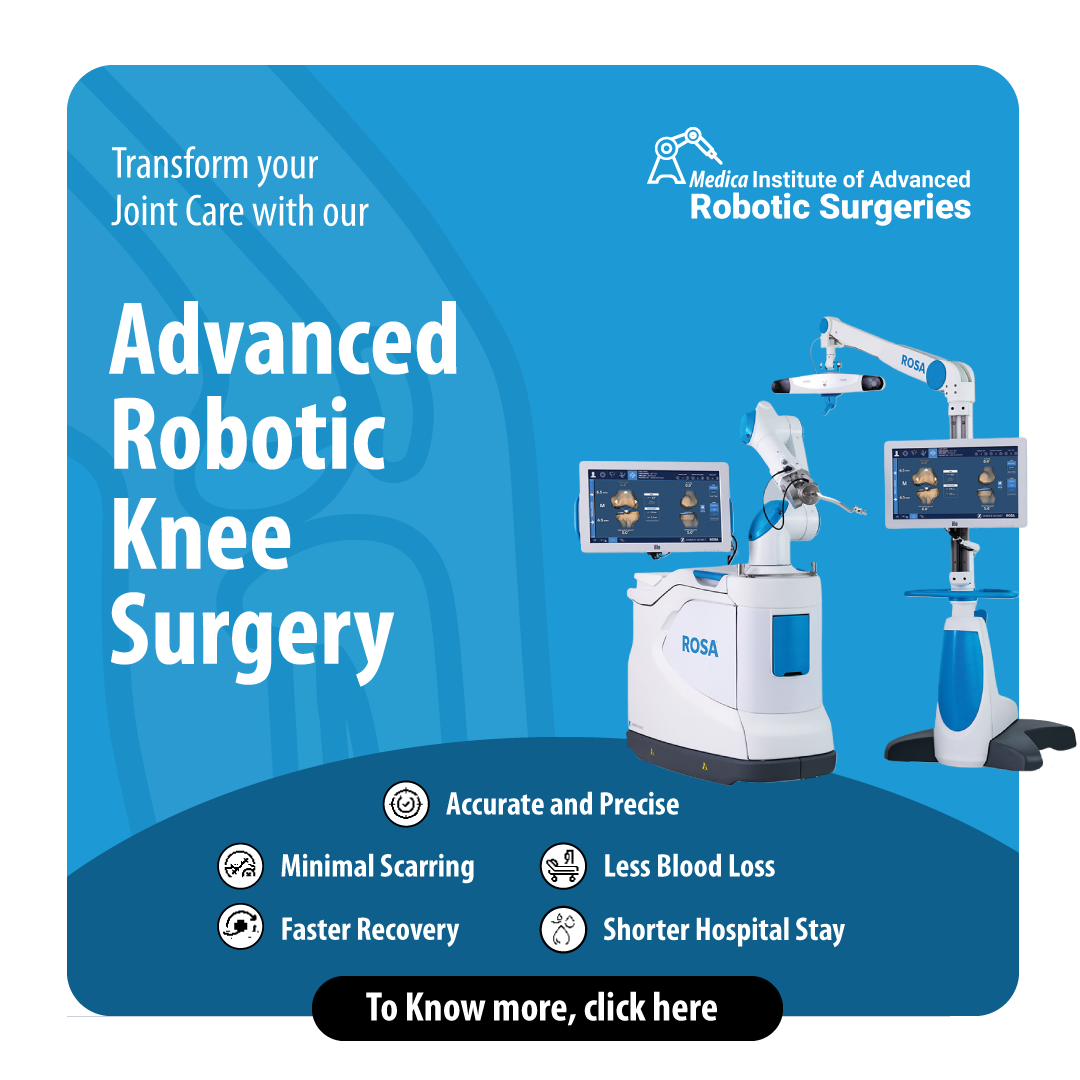Hernia: Causes, Treatments and Diagnosis
Mr Mukherjee, a retired school teacher, had lately been observing pain in his groin area, particularly when he coughed or bent to lift something. In the days that followed, no number of painkillers, ice or massaging eased what he wanted to believe was a temporary strain of some sort. Soon, the pain consolidated into a small spot at the front of his hip that sent a burning sensation into his belly, lower back and the outside of the leg. He consulted a physician, who suspected it was Hernia. Investigations confirmed the diagnosis. The doctor explained that surgery was unavoidable. And since he was in so much pain, it must be done immediately.
What is Hernia?
A hernia is the abnormal exit of an organ or a tissue, such as the bowel through the wall of the cavity in which it normally resides. Hernias can be of several types. Most commonly they involve the abdomen, especially the groin.
What Causes Hernia?
Ultimately, all hernias are caused by a combination of pressure and an opening or weakness of fascia or muscle; the pressure pushes a tissue or organ through an opening or a weak spot. Sometimes, muscle weakness is present at birth; more often, it occurs later in life. Anything that causes an increase in pressure in the abdomen can result in a hernia, including:
- Lifting heavy objects without stabilizing the abdominal muscles
- Constipation or diarrhoea
- Persistent sneezing or coughing
Besides, obesity, poor nutrition and smoking can also weaken muscles and make it more likely for hernias to happen.
Common forms of Hernia are:
An inguinal hernia occurs when tissue, such as part of the intestine, protrudes through a weak spot in the abdominal muscles. The resulting bulge can be painful, especially when you cough, bend over or lift a heavy object. An inguinal hernia isn’t necessarily dangerous.
A femoral hernia is the result of tissues or parts of the intestine pushing through into the groin at the top of the inner thigh. They are less common than inguinal hernias and mainly affect older women.
An umbilical hernia occurs when the fatty tissue or part of the intestine pushes through the abdomen near the navel.
Hiatal (hiatus) hernia usually forms when a part of the stomach is pushed up into the chest cavity through an opening in the diaphragm.
Other types of hernias include:
An incisional hernia is one that occurs in the area of a previous surgery is known as an incisional hernia.
Epigastric hernias are generally small and occur in the middle of the belly, a between the breastbone and belly button</p?
A Spigelian Hernia, unlike other types of hernias, develops below the layers of fat, Spigelian hernias occur in the middle of abdominal muscles. So, Spigelian hernias may not be visible as a lump or bulge
A Diaphragmatic hernia occurs when the abdominal organs move into the chest through an opening in the diaphragm
The Causes
A hernia develops due to a combination of abdominal wall muscle weakness and persistent pressure on this weakness, over a while. Some of the causes are:
- A congenital defect
- Muscles which weaken due to age
- Poor nutrition
- Constipation
- Straining during urination
- Constant coughing or sneezing
- An abdominal injury or surgery
- Improper lifting of heavyweights
- Being overweight/obese
- Ascites or fluid build-up in the abdominal cavity
- Peritoneal dialysis
- Smoking
Symptoms of Hernia
Signs that you or a loved one may have a hernia include the following:
- A bulge in the groin or swelling in the scrotum
- Discomfort in the groin area that worsens when you lift or bend something
- Heaviness in the abdominal or groin area
- Pain or discomfort during urination or bowel movement
- Pain or discomfort, especially if you were standing for a long period
Any symptoms of a strangulated hernia, which include fever, vomiting, nausea, and severe cramping.
If you’re a parent, you may notice a lump in your infant’s groin area while he/she cries, coughs or during a bowel movement. If so, contact your paediatrician to determine if any treatment is needed.
Treatment
Abdominal wall hernias with no associated symptoms may not even require treatment. Consult a doctor to discuss your options that are likely to include surgery or watchful waiting.
Larger hernias or hernias that are extremely painful, may require surgery to relieve the pain and prevent complications.
There are two types of surgical hernia repair: open and minimally invasive surgery. The type of surgery chosen will depend on the severity and type of hernia you are diagnosed with, the predicted recovery time, past medical history and the surgeon’s expertise.
To know more about the treatment options available at Medica, click here.




